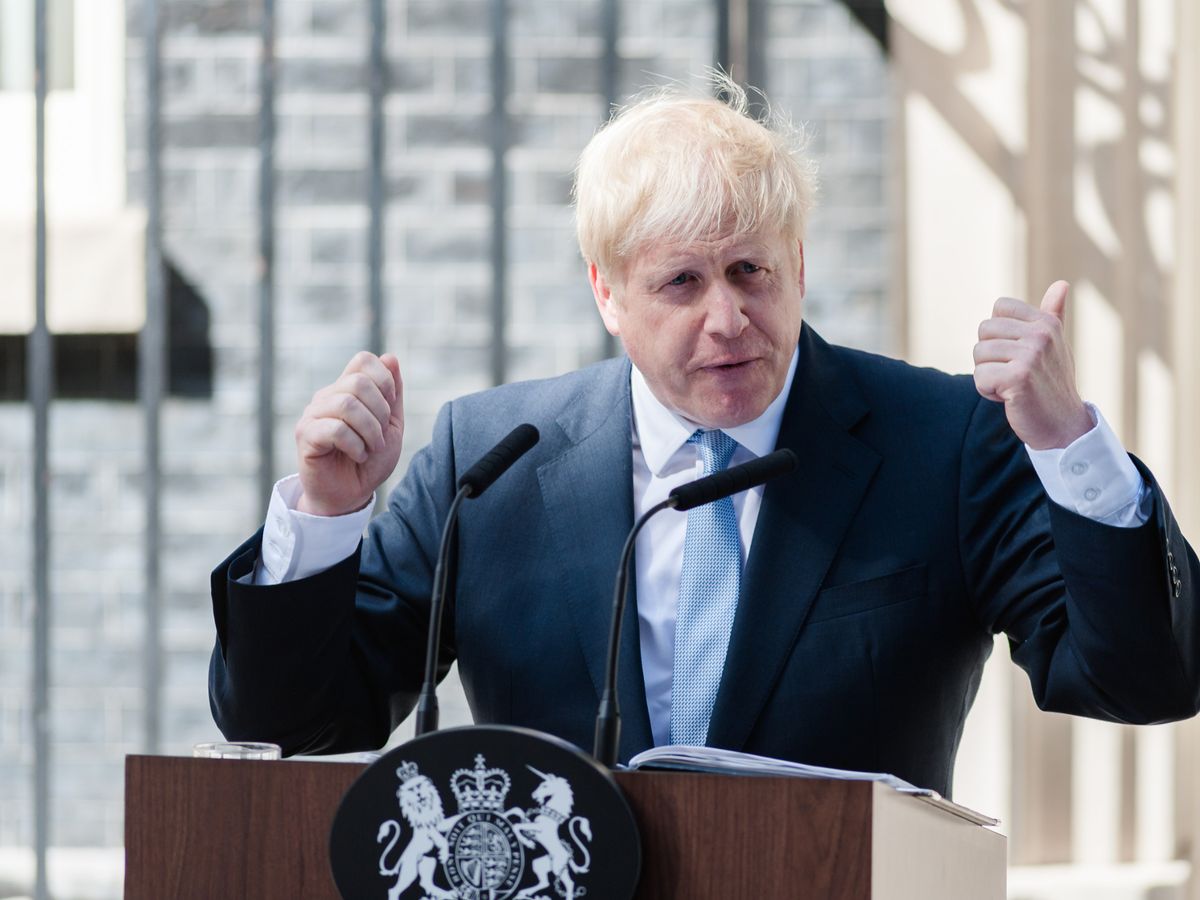Britain will face shortages of fuel, food and medicine if it leaves the European Union without a transition deal, according to leaked official documents reported by the Sunday Times on Sunday, August 18, 2019, whose interpretation was immediately contested by ministers.
Setting out a vision of jammed ports, public protests and widespread disruption, the paper said the forecasts compiled by the Cabinet Office set out the most likely aftershocks of a no-deal Brexit rather than the worst-case scenarios.
But Michael Gove, the minister in charge of coordinating “no-deal” preparations, challenged that interpretation, saying the documents did set out a worst-case scenario and that planning had been accelerated in the last three weeks.
The Times said up to 85% of lorries using the main Channel crossings may not be ready for French customs, meaning disruption at ports would potentially last up to three months before the flow of traffic improved.
The government also believes a hard border between the British province of Northern Ireland and the Republic of Ireland, an EU member, will be likely as plans to avoid widespread checks will prove unsustainable, the Times said.
“Compiled this month by the Cabinet Office under the codename Operation Yellowhammer, the dossier offers a rare glimpse into the covert planning being carried out by the government to avert a catastrophic collapse in the nation’s infrastructure,” the Times reported.
Prime Minister Boris Johnson’s office said it did not comment on leaked documents. But Gove said it was an old document that did not reflect current preparedness.
“It is the case, as everyone knows, that if we do have a no-deal exit there will inevitably be some disruption, some bumps in the road. That’s why we want a deal,” Gove told journalists.
“But it is also the case that the UK government is far more prepared now than it was in the past, and it’s also important for people to recognise that what’s being described in these documents… is emphatically a worst-case scenario,” Gove added.
A government source blamed the leak on an unnamed former minister who wanted to influence negotiations with the EU.
“This document is from when ministers were blocking what needed to be done to get ready to leave and the funds were not available,” said the source, who declined to be named. “It has been deliberately leaked by a former minister in an attempt to influence discussions with EU leaders.”
Read more at SaharaReporters







